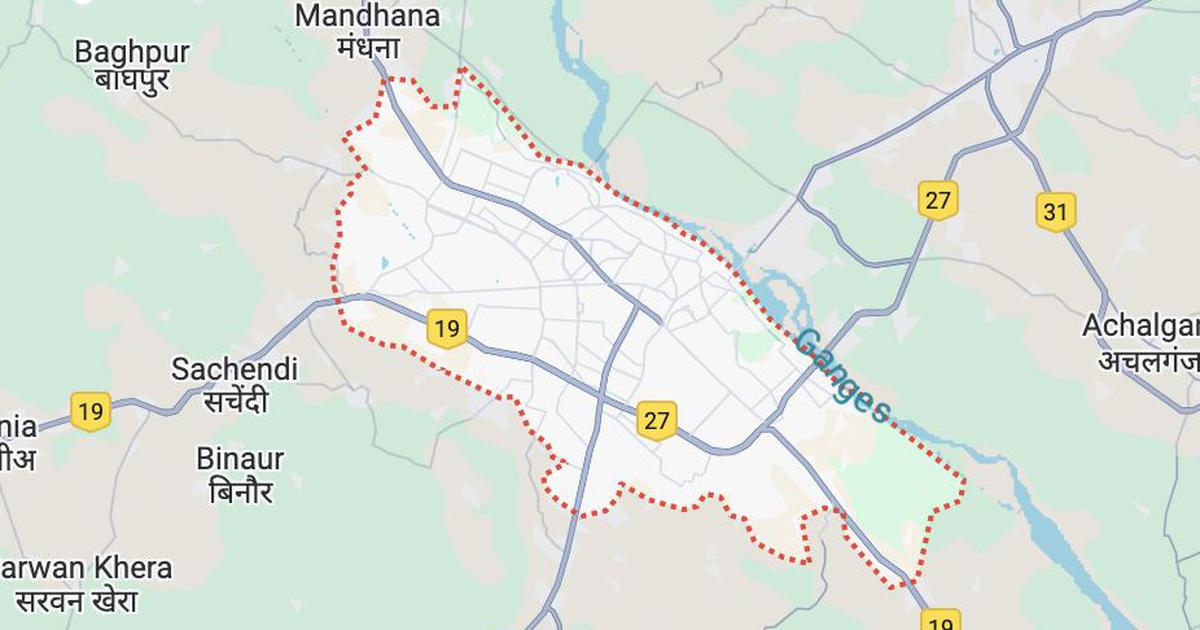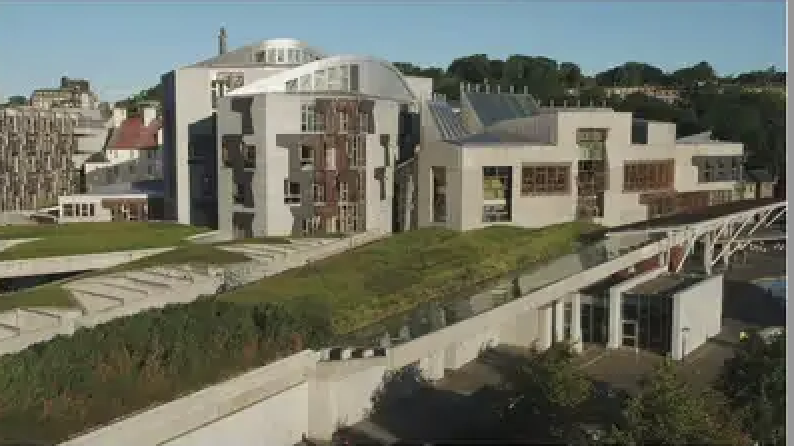
Dhalpur: A cluster of villages known as Dhalpur in the Darrang district of Assam, captured the attention of the national media in September 2021 in the wake of an exceptionally brutal eviction drive by the state government.
A video clip started circulating on social media, of a photographer stomping over the lifeless body of a resident, Moinul Haque who was killed in police firing. The image came to symbolise a ruthless eviction drive.
More than two years later, on May 21, 2024 the Assam government orchestrated another round of evictions in the same village. Eviction of Bengali Muslim or Miya Muslim peasants in Assam on unfounded allegations of being ‘Bangladeshis’ have increased in intensity in the past few years. These evictions are often communally motivated and lead to violation of basic human rights of the displaced.
Bengali Muslims are pejoratively called Miya in Assam. In recent years, leaders of the Bengali Muslim community have developed a genre of poetry called Miya poetry through which they have protested against the all-pervasive discrimination they face in Assam.
These poems document the injustice experienced by the Bengali Muslims. They have owned the term Miya as a positive mark of identification. Here I will use the term Miya Muslims to indicate Bengali Muslims in Assam, following the preference of the leaders of this radical poetry movement.
Communally charged evictions in Assam since BJP’s ascent to power
As a researcher conducting research on displacement and citizenship in Assam, I lived in Dhalpur and Shyampur for three weeks in January-February 2023, interacting with the evicted Bengali Muslim peasants. My time was split between Dhalpur, the ground zero of the eviction and Shyampur, a proposed government rehabilitation site in Assam’s Darrang district.
This story was originally published in thewire.in. Read the full story here.






